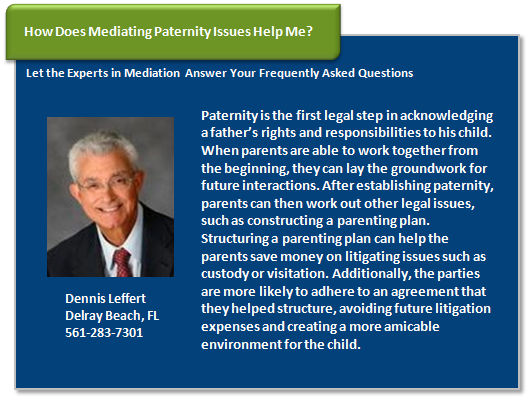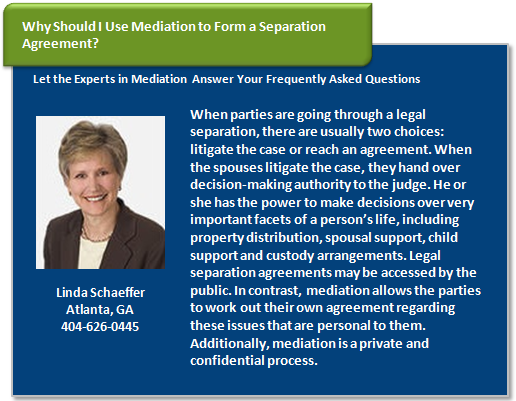
Nearly any type of elder law case can be effectively handled through mediation so long as the parties participate in good faith and have an open mind during the process. Some of the most common elder law disputes handled through mediation include:
Residence Decisions
Sometimes a concerned child or family member will see an elderly relative struggle with certain functions and take this as a sign that the individual can no longer live independently. However, a parent or other individual may still be very capable of taking care of most life functions. A full range of possibilities exists, including moving in with a child, having a part-time caregiver come in to assist the individual, transferring to an assisted living facility or using available services for assistance and support.
Financial Issues
Another issue that is often disputed is how money will be spent. An elderly individual may require more financial resources to provide for medical needs. A caregiver may also need to be paid. Individuals concerned over the financial aspect of elder care may have very differing opinions on how to tackle such issues. One of the major decisions that may need to be made is whether the elderly individual should sell his or her home. Many individuals are reluctant to take this step because it feels like losing freedom. However, the opposite is often true. A mediator can help the parties discuss possible solutions.
Adult Siblings
One of the most contentious types of elder law cases involves conflicts between adult siblings. These parties may disagree about what is best for the elderly parent or relative, including who should serve as a guardian, have power of attorney or be an executor. These issues often involve complicated family dynamics that a mediator can help maneuver around during mediation.









